News and features
Read the latest news and features about our world-leading research, discoveries, fundraising and philanthropy. If you want to keep updated on our news, you can follow us on social media or sign up for our Search newsletter.
If you’re a journalist and want to find out more, you can contact our media relations team.
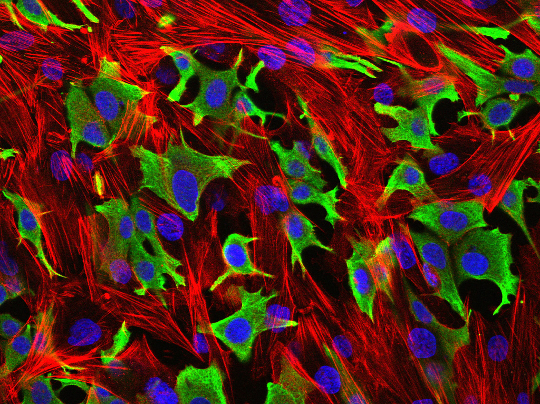
Promising drug target for aggressive ‘triple-negative’ breast cancers identified
Scientists have identified a molecule crucial to the growth of triple-negative breast cancers that they believe could now be targeted by drugs to help treat patients resistant to chemotherapy.
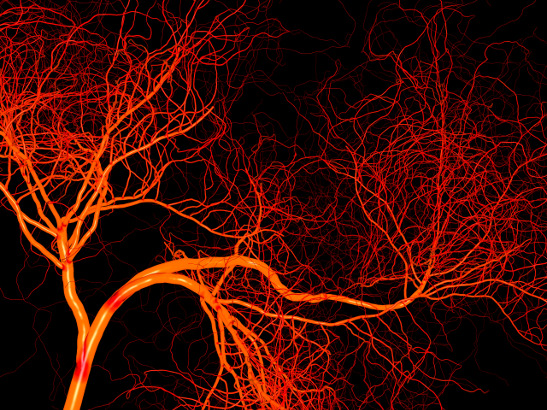
Secondary breast and bowel cancers found to grow by piggy-backing on patients’ blood vessels
New research into breast and bowel cancers that have spread to the liver shows that some tumours power their growth using pre-existing blood vessels rather than developing new ones.
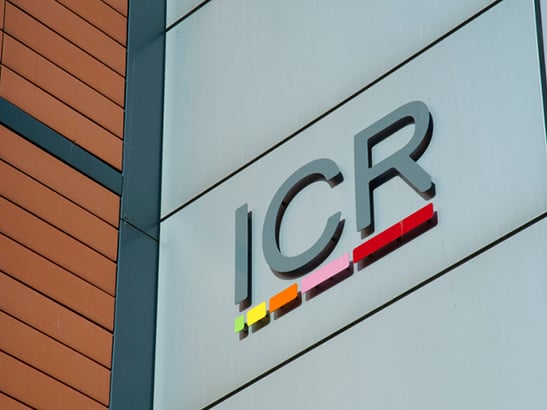
Statement about ABPI report into the changing UK drug discovery landscape
The Institute of Cancer Research, London, has issued the following statement from Chief Executive Professor Paul Workman in response to a new report by the Association of the British Pharmaceutical Industry (ABPI) on the changing UK drug discovery landscape.
.jpg?sfvrsn=a198af27_2)
Overcoming the evolution of cancer
Cancer evolution can lead to the emergence of drug resistance, so the ICR and The Royal Marsden are working to unravel cancer's complexity and open up new approaches to treatment.
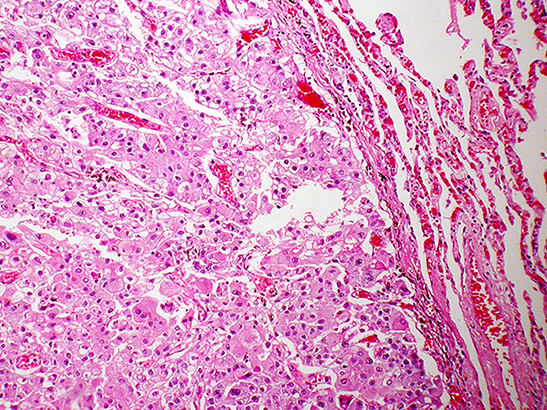
Faulty molecule offers new target for treating liver cancer
Blocking a single faulty molecule in a biological process that drives the growth of advanced liver cancers could offer a new way to treat the disease, researchers have found.
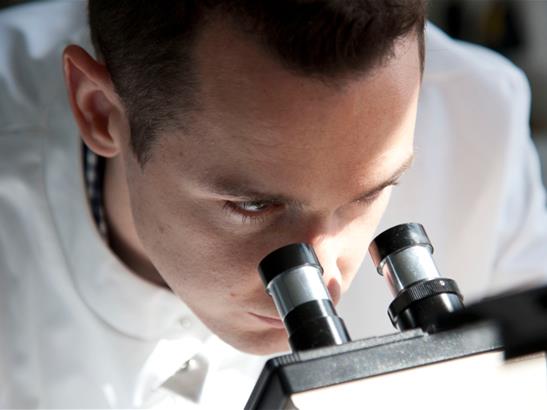
2D building blocks can build better 3D drugs
Creating cancer drugs that better resemble 3D structures in cells is all about how you put the building blocks together, a new study has shown.

Quarter-of-a-million-pound ICR fundraiser needs your vote for JustGiving Awards
Bowel cancer patient and fundraiser Tim Morgan has been nominated for JustGiving’s Fundraising Team of the Year award after raising more than £250,000 for the ICR — and he needs your vote!
-content.tmb-hbmobile.jpg?Culture=en&sfvrsn=fec93f9d_2)
‘Game-changing’ immunotherapy doubles head and neck cancer survival
An immunotherapy drug has been hailed as a potential ‘game changer’ after being found to greatly improve survival for patients with relapsed head and neck cancer — a disease which is notoriously difficult to treat.

ICR Chief Executive Professor Paul Workman receives award from Spanish Cancer Foundation
Professor Paul Workman, Chief Executive of The Institute of Cancer Research, London, has been given a special award for his services to cancer research by the charity Cancer Research Innovation Spain (CRIS) at its annual gala ball.
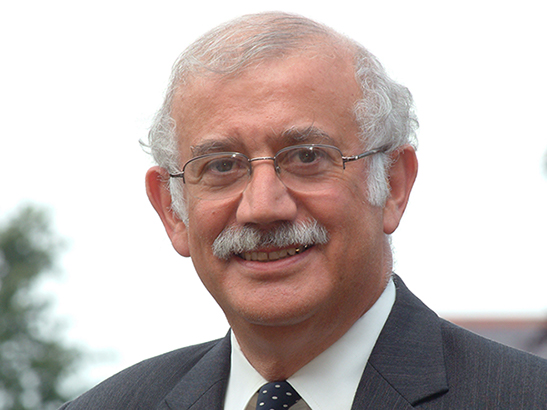
Professor Stan Kaye awarded Cancer Research UK lifetime achievement prize
Professor Stan Kaye, one of The Institute of Cancer Research, London’s most eminent researchers, has been awarded the Lifetime Achievement in Cancer Research Prize by Cancer Research UK.

‘Self-assembling’ molecules help key signalling pathway in bowel cancer
A key protein in cancer ‘self-assembles’ into structures which help drive signalling processes that fuel bowel cancer growth, a new study shows.
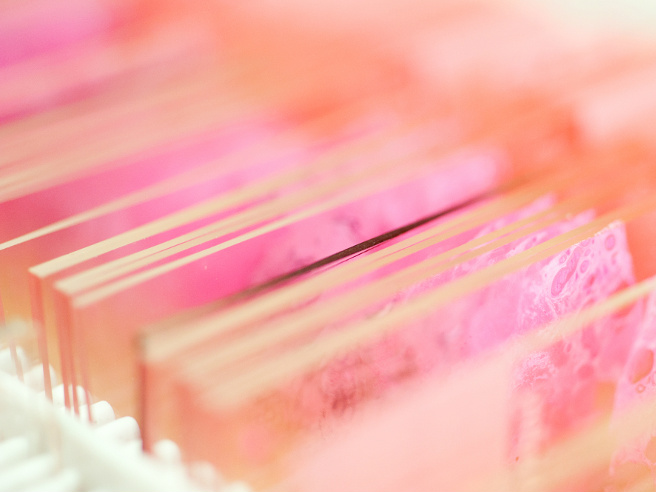
New treatment approach may offer hope to patients with aggressive childhood cancers
Targeted treatments that attack cancer metabolism could treat some of the most aggressive childhood cancers caused by faulty activation of a gene called MYCN, new research outlines.
